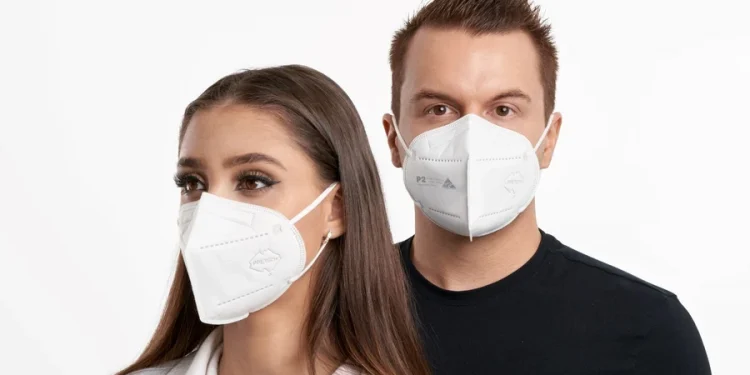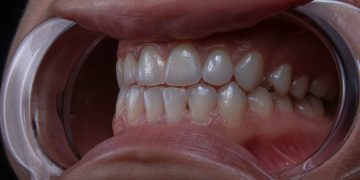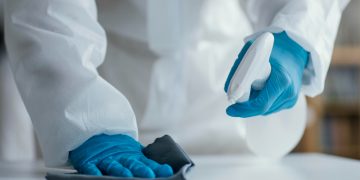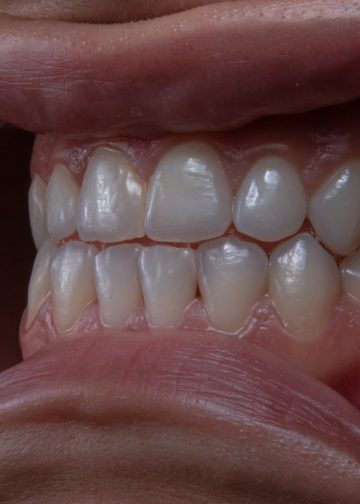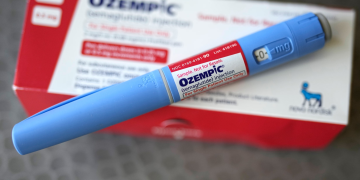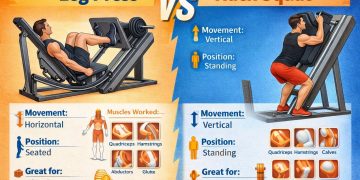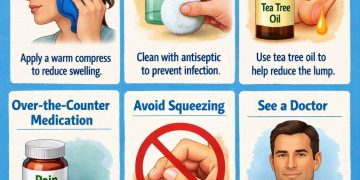Face masks and Industrial face coverings have been significant protective tools for workers and the common public for the past two years, if not before. Wearing a face mask has been the norm in many industries. Under the Work Health and Safety Act proposed by the Australian Government, workers must wear face masks in places involving dust, hazardous chemicals, smoke, fumes, microparticles, and communicable diseases. It has surged the demand for companies and individuals to buy face masks in Australia to keep their employees and families safe. The Australian government is taking extra precautions to ensure the safety of the general public, healthcare workers, industry workers from different sectors by promoting face masks. Still, there are numerous misconceptions about facemasks, which this article takes a deeper look at.
Only Those Who Are 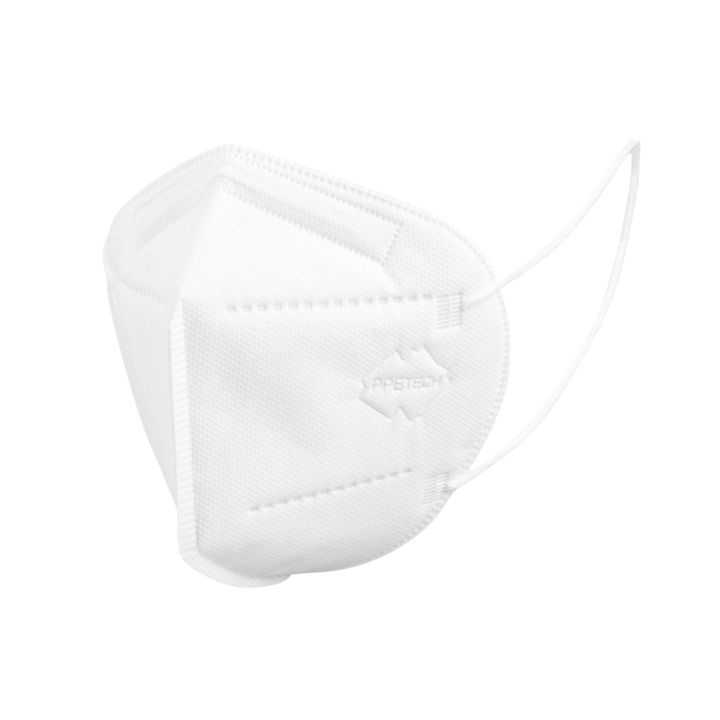
It is a false assumption. Many people who have Covid-19 or other diseases transmitted by the nose and the mouth can be asymptomatic and can spread the viruses without their knowledge. It could pose a risk to those with pre-existing conditions and vulnerabilities. Wearing a mask can protect the wearer and others in risky situations and crowds, especially when social distancing is difficult. Masks also help with dust and smoke allergies, especially among workers who work in such settings.
Loose-fitting Masks Work as Well as New Ones
Masks are designed to fit snugly on the sides of a person’s face, sealing their nose and mouth to prevent dust, smoke, respiratory droplets, expulsions from sneezes and coughs from getting in or out. Wearing a loose-fitting mask could result in openings, allowing the harmful particles and pathogens to enter the system. However, one must ensure that one can still breathe comfortably through the mask while wearing it.
Children Must Wear Face Masks for Protection
Although wearing face masks does not affect the child’s lung development, children under two years must not wear face masks. They may find it difficult to breathe through them and also may not be able to remove them when necessary, without assistance. Also, children with cognitive impairments and breathing issues might find it difficult to breathe through face masks. For such children, parent supervision and precautions are essential. They must also consult with their paediatrician for appropriate use.
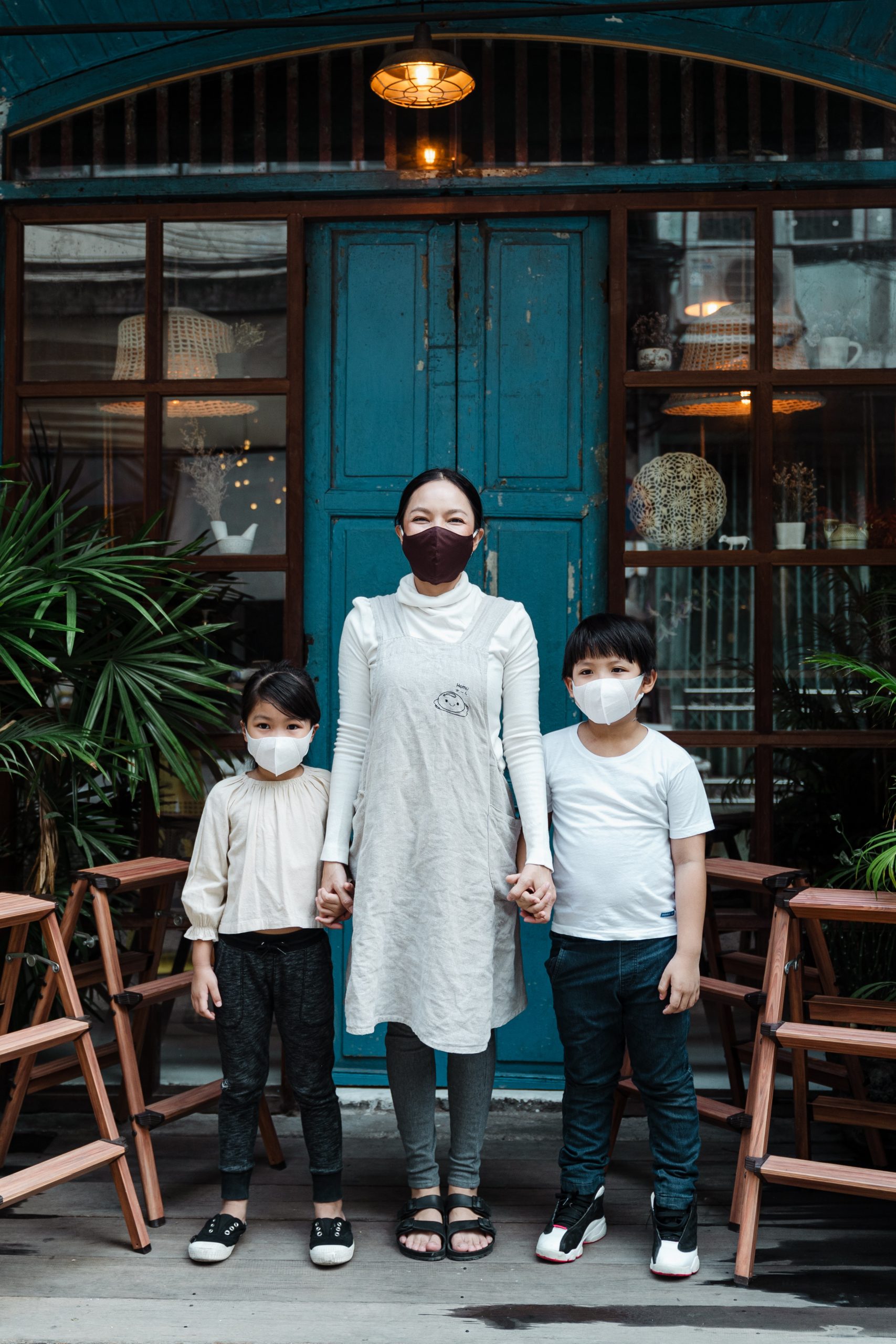
Face Masks Cause Carbon Dioxide Poisoning
There is no significant research supporting the claim that wearing a mask result in carbon dioxide buildup. Face masks are designed to keep microorganisms, smoke and dust particles from flowing into a person’s respiratory system or out of it. N95 and similar face masks generally filter out contaminants above .3 microns. Carbon dioxide molecules are much smaller and can easily pass through the layers of the mask. Healthcare workers and individuals wear masks for prolonged periods during surgeries and their working hours. If one does feel dizzy or suffocated, it may be due to dehydration.
Wearing a Mask Weakens the Immune System
This assumption is untrue. The truth is quite the contrary, as wearing a face mask reduces the spread of infectious viruses and fumes from entering the mouth or the nose. It also protects individuals vulnerable to dust, dirt, and other respiratory conditions as it prevents those particles from entering the body. Thus, it keeps individuals safe and healthy for longer.
One Should Only Wear a Mask in Large Public Gatherings
Individuals, healthcare workers, and employees working in risk-prone areas must buy face masks in Australia and wear them every time they leave the safety of their homes. In public places like restaurants, pharmacies, grocery stores, businesses, offices, and hospitals, etc., where people interact with other individuals or surfaces, it is recommended to wear face masks.


